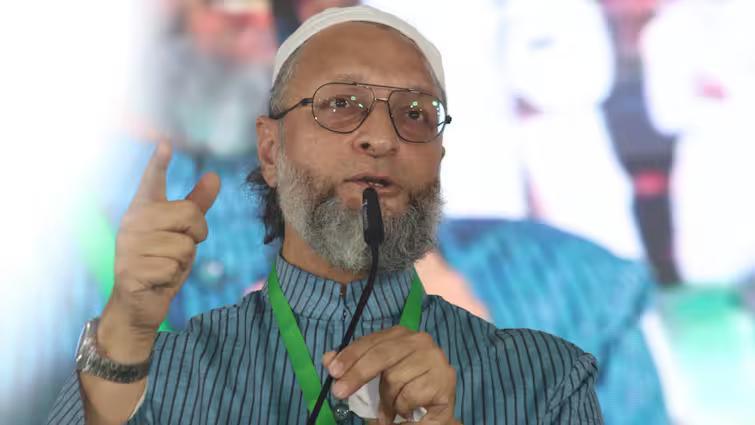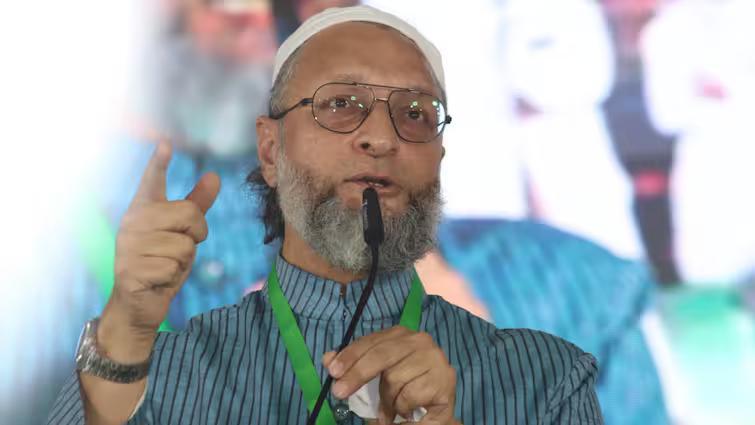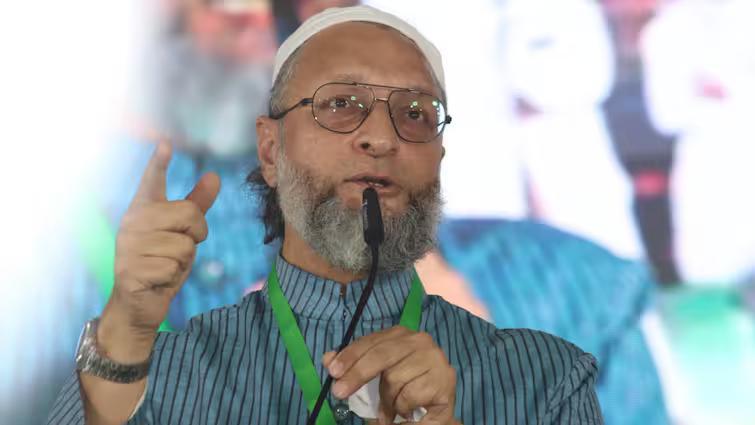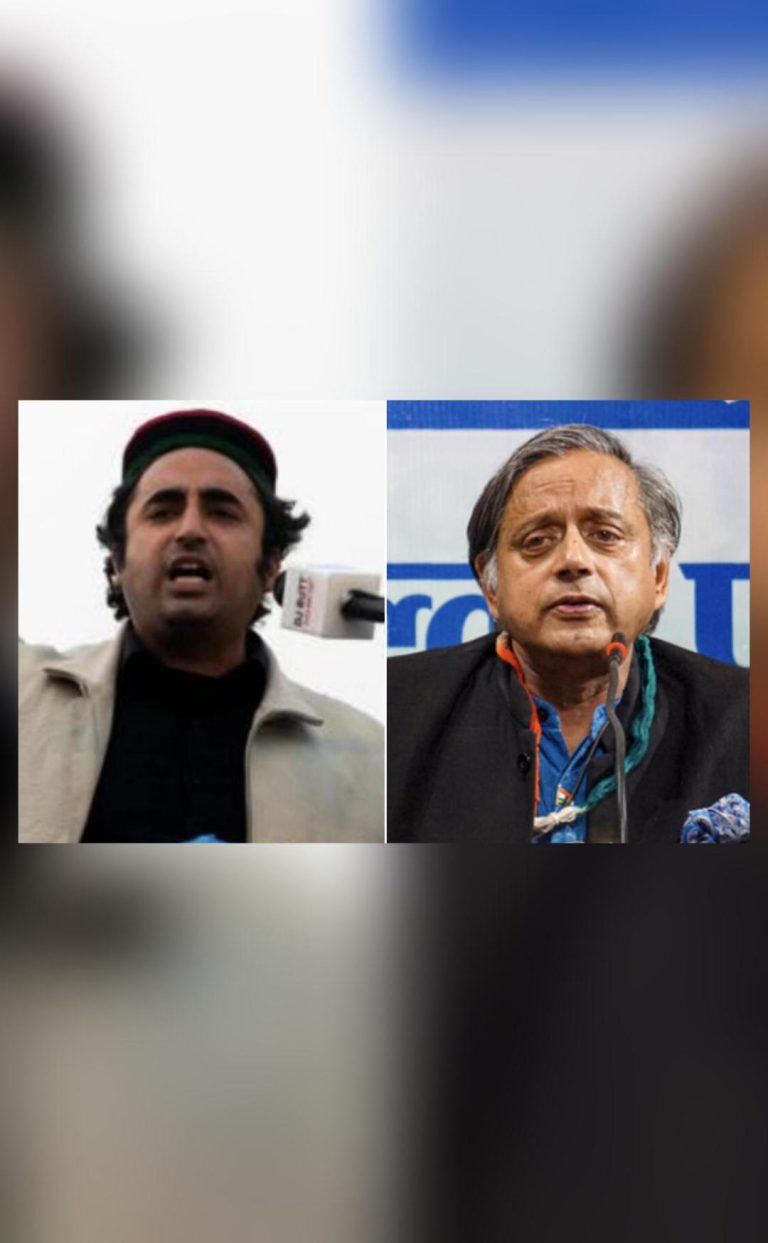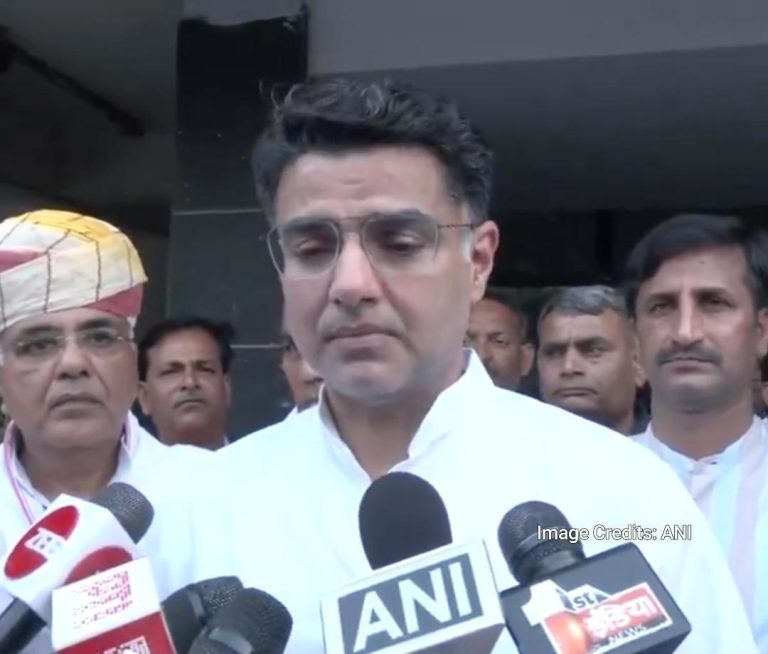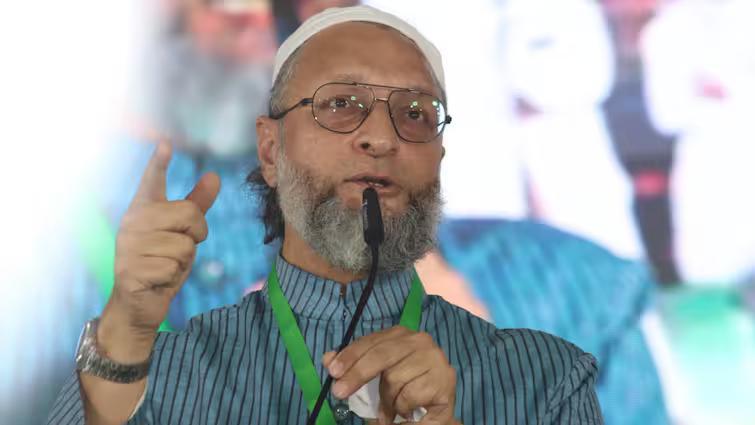
Pak acted like ISIS, India won’t sit quietly: Owaisi on J&K attack
The recent terror attack in Pahalgam, Jammu and Kashmir has raised concerns and outrage across the country. In the wake of this brutal attack, which claimed the lives of 26 people, AIMIM chief Asaduddin Owaisi has made some stark comments, drawing parallels between Pakistan’s actions and those of terrorist organization ISIS.
Speaking to the media, Owaisi stated, “Pakistan acted like ISIS. If they enter a country and kill innocent people, that country will not sit quietly.” His comments come as no surprise, given the long-standing tensions between India and Pakistan over issues like terrorism, border disputes, and separatist movements.
The Pahalgam attack, which took place on April 22, was a devastating reminder of the violence and destruction that terrorism can bring. The attack, which was carried out by terrorists affiliated with the banned outfit Lashkar-e-Taiba (LeT), left many families bereaved and countless others scarred.
Owaisi’s comments are significant, not just because of their timing, but also because of the stark reality they highlight. Pakistan’s continued support and patronage of terrorist groups like LeT and Jaish-e-Mohammed (JeM) is well-documented. These groups have been responsible for some of the most heinous attacks in India, including the 2008 Mumbai attacks and the 2019 Pulwama attack, which killed over 40 CRPF personnel.
Pakistan’s actions are all the more egregious given the country’s own precarious security situation. With terrorist groups like the Taliban and ISIS-Khorasan (ISIS-K) operating in the region, Pakistan is already struggling to contain the threat from within. And yet, instead of focusing on its own internal security challenges, Pakistan continues to engage in cross-border terrorism, targeting India and its interests.
Owaisi’s comment about Pakistan’s budget not being equal to India’s military budget is also worth noting. While it is true that India’s military budget is significantly larger than Pakistan’s, this is not the point. The point is that Pakistan’s actions are not justified by its limited resources. Instead, they are driven by a misguided ideology that seeks to use terrorism as a means of achieving political objectives.
India, meanwhile, has made it clear that it will not sit quietly in the face of such aggression. In the aftermath of the Pahalgam attack, the government has vowed to take all necessary steps to ensure the security of its citizens and to bring those responsible to justice.
This is not the first time that India has faced terrorist attacks from Pakistan-backed groups. However, the Pahalgam attack is significant because of its scale and the sheer brutality of the act. It is a reminder that terrorism is a global scourge that requires a collective response.
In the face of such threats, it is essential for India to maintain its resolve and to work closely with other countries to combat terrorism. This includes sharing intelligence, coordinating military operations, and providing humanitarian assistance to victims of terrorism.
Owaisi’s comments also serve as a reminder that terrorism is a threat to all of us, regardless of our religion, ethnicity, or nationality. It is a threat that requires a united response, and one that cannot be addressed solely through military means.
In conclusion, the Pahalgam attack is a stark reminder of the threat that terrorism poses to our security and our way of life. Asaduddin Owaisi’s comments about Pakistan’s actions are a stark reminder of the need for India to remain vigilant and to take all necessary steps to protect its citizens.
